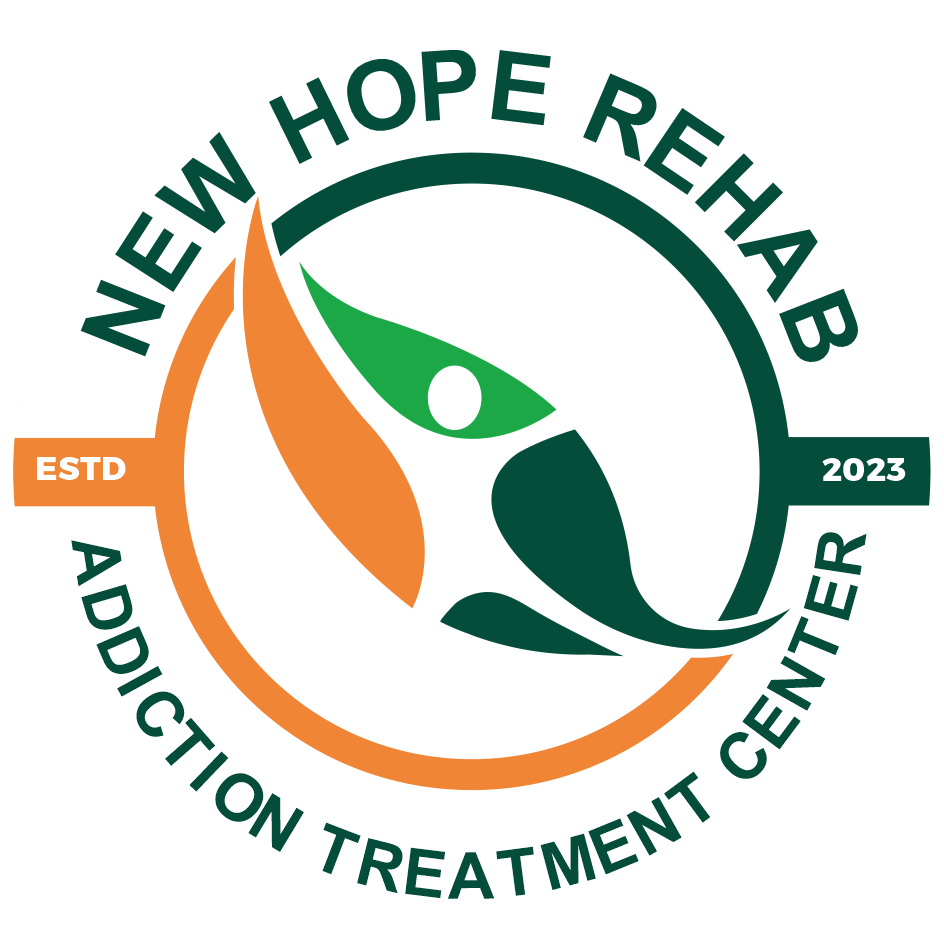Cocaine Addiction
Cocaine Addiction
Cocaine addiction, also known as cocaine use disorder (CUD), is a chronic and potentially severe condition characterized by the compulsive use and abuse of cocaine, a powerful stimulant drug derived from the coca plant. Cocaine is highly addictive and can lead to significant physical, psychological, and social consequences for those who misuse it. Here are some key points about cocaine addiction:
Addiction Potential: Cocaine acts as a powerful stimulant, increasing levels of dopamine in the brain, leading to intense feelings of pleasure and euphoria. Regular use of cocaine can lead to tolerance, where higher doses are needed to achieve the desired effects, and dependence, where the body and brain become reliant on the drug to function normally.
Signs and Symptoms: Symptoms of cocaine addiction can vary, but common signs include a strong craving for cocaine, unsuccessful attempts to quit or cut down on use, neglecting responsibilities and personal relationships due to cocaine use, engaging in risky behaviors to obtain the drug, and experiencing withdrawal symptoms when trying to stop using.
Health Consequences: Cocaine addiction can have severe physical and psychological health consequences. Cocaine use can lead to cardiovascular issues, such as heart attacks and strokes, respiratory problems, and neurological complications. Long-term use can also result in anxiety, paranoia, hallucinations, mood disturbances, and cognitive impairments.
Withdrawal: When individuals with cocaine addiction attempt to quit or reduce their use, they may experience withdrawal symptoms. Cocaine withdrawal can be challenging and may include fatigue, depression, increased appetite, intense cravings for the drug, and difficulties in concentration.
Treatment Options: Treatment for cocaine addiction typically involves a combination of behavioral therapies and support. Cognitive-behavioral therapy (CBT), contingency management, and motivational enhancement therapy (MET) are commonly used to address the underlying issues related to addiction and develop coping strategies to avoid relapse. Support groups or counseling can also provide additional guidance and encouragement throughout the recovery process.
Co-occurring Disorders: Cocaine addiction can often co-occur with other mental health disorders, such as depression, anxiety, or bipolar disorder. Addressing these co-occurring disorders is essential for effective treatment and long-term recovery.
Relapse Prevention: Cocaine addiction recovery is a long-term process, and relapse is a common challenge. Developing relapse prevention strategies, identifying triggers, and building a strong support system are crucial elements of sustaining sobriety.
Medical Assistance: In some cases, medical intervention may be necessary during the early stages of recovery. Medical professionals can help manage withdrawal symptoms, assess overall health, and provide support during the detoxification process.
The Requirements :
If you or someone you know is struggling with cocaine addiction, seeking professional help from healthcare providers, addiction specialists, or rehabilitation centers is essential. Early intervention and comprehensive treatment can significantly improve the chances of successful recovery and long-term well-being.
